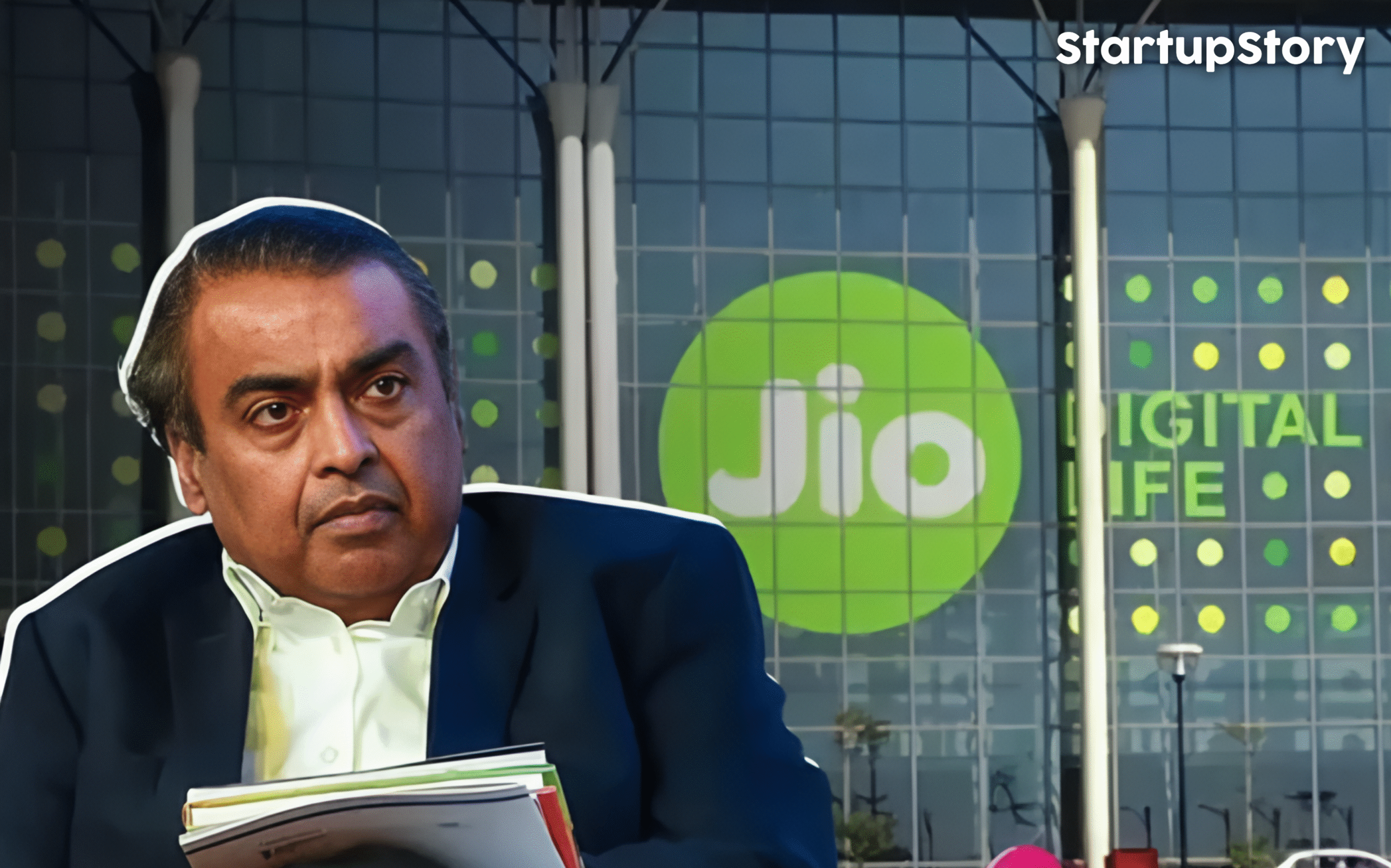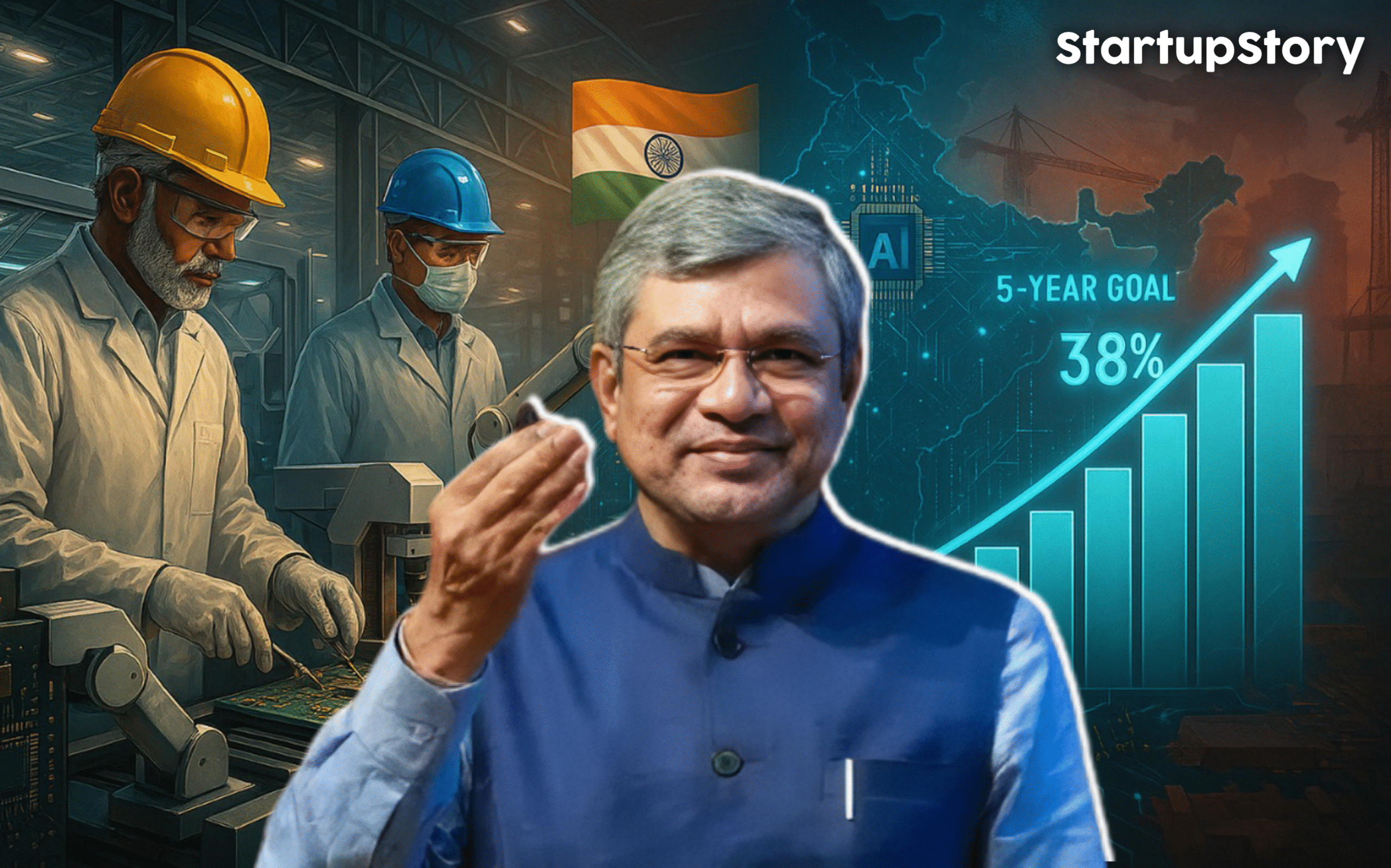
Mukesh Ambani, Chairman of Reliance Industries, recently opened up about what he calls the “biggest risk” of his career – the launch of Jio. Speaking at McKinsey’s Leading Asia series on June 25, Ambani shared how Reliance’s bold move into telecom could’ve failed financially, but even if it had, he says it still would have been “worth it.”
Ambani explained that before launching Jio, he had considered the possibility of the project not working out. Yet, that didn’t stop him. For him, the goal was never just business success – it was about creating large-scale impact.
“We have realised that technology changes lives. We want to create impact at scale that improves the lives of all Indians.”
That guiding principle – to create meaningful change – has always been the company’s North Star. Ambani emphasized that Reliance doesn’t follow traditional business playbooks. Instead, it evolves constantly.
“Our North Star always has been that our vision and purpose of doing business have to be impact-led.”
Reliance, he said, has never shied away from taking big risks – especially when it comes to scale. And Jio was the boldest of them all.
“In the worst case, we will not earn much return. That’s okay because it’s our own money. But then, as Reliance, this will be the best philanthropy that we will have ever done in India because we will have digitised India, and thereby completely transformed India.”
Ambani also remembered the words of his father and Reliance’s founder, Dhirubhai Ambani:
“Reliance is a process. It’s an institution that should last. You have to make sure that Reliance lasts beyond you and me.”
With Reliance preparing to celebrate its 50th anniversary next year, Ambani is looking far into the future – even a century ahead.
“I want Reliance to continue serving India and humanity even after 100 years.”
He acknowledged the fast-paced changes in the technology landscape and the growing importance of innovation for future businesses.
“The fact that the technology landscape is changing at an exponential speed is self-evident. I think that the big challenge will be in the confidence of the next generation to succeed in this new landscape.”
Ambani noted how the company has transformed with each passing decade – adapting and redefining itself to meet the demands of a changing world.
“Compared to the Reliance of the 1960s and ’70s, or the 2000s and 2020s, today it is a completely different organisation.”
He also pointed out how Reliance has often gone against conventional business school teachings.
“It goes against everything that we learned in business school, such as not integrating across the value chain. We have challenged all of those things.”
As Reliance continues to embrace future technologies, Ambani said the company simply cannot ignore the massive new opportunities that come along.
“As we chase the opportunities of technology into the future, some of these opportunities become bigger than our existing opportunities. And we cannot leave them alone.”




